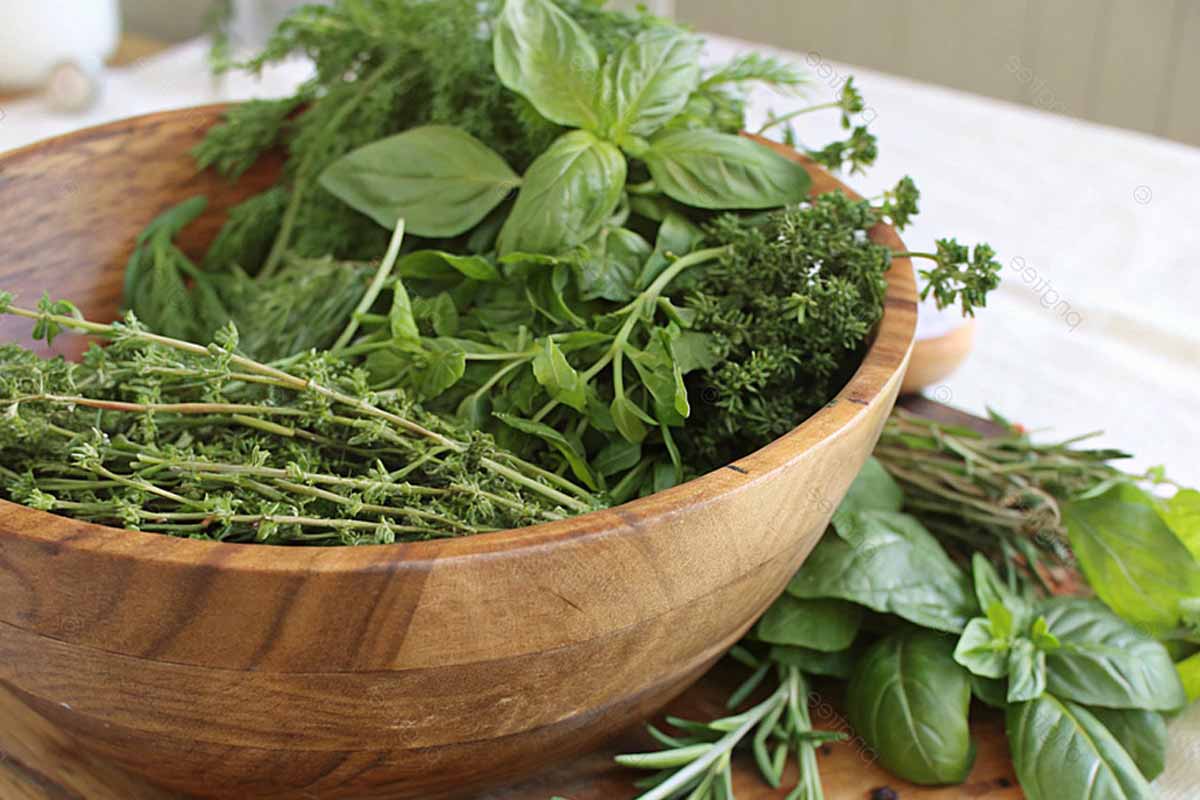Some kitchen fixes feel like magic, yet they’re pure common sense. When pans sizzle and strong smells linger, one small move can reset the mood and the air. Forget heavy sprays and noisy gadgets; a humble Herb steps in with clean, calming steam and a bright, resinous scent. It works while you wipe counters and put dishes away. The process stays easy, the result feels luxurious, and your space returns to fresh, welcoming balance.
What Makes This Herb a Kitchen Powerhouse
Rosemary does double duty. It seasons dinner beautifully, especially in Mediterranean cooking with proteins and vegetables, and it also freshens the air. Fresh sprigs release aromatic oils fast, while dried leaves still help, though less intensely. The scent reads clean, resinous, and bright, so it pairs with lemon zest, garlic, and roasted potatoes without clashing.
This Herb shines when heat unlocks its essential oils. Add a handful of clean sprigs to 2–3 cups of water. Keep the pot at a gentle simmer for 10–15 minutes, not a rolling boil. Steam carries the oils through the room, so lingering smells from frying or grilling fade while the space feels calmer.
Fresh beats dried for aroma, yet dried works in a pinch. Use more dried leaves to compensate. Rinse sprigs, then wipe the pot’s rim so condensed oils don’t drip. Stay nearby, because even a low flame needs watching. The fragrance feels cozy, and many home cooks say the softened air boosts comfort during busy prep.
How the Steam Works on Stubborn Odors
Heat releases volatile compounds. They attach to airborne odor particles, so the kitchen ceases emitting yesterday’s seafood scent. Antioxidant and antimicrobial properties persist within the vapor, which assists in restricting undesirable bacterial dispersal while the atmosphere freshens. The technique proves straightforward, and it supplements routine sanitation rather than substituting it.
Because steam circulates quickly, it reaches corners and fabrics that sprays miss. Sinks, cutting boards, and the stovetop still need regular washing, yet the air shifts first. The botanical scent lingers, so guests notice freshness, not cleaner. Although the pot looks humble, the Herb inside works hard while you handle other tasks.
When smells are intense, crack a window. Steam moves out and pulls stale air with it, while the aroma settles. If the kitchen is small, choose a smaller pot to avoid excess humidity. After cooking, leave the lid ajar for a minute, then turn off the flame so the room stays lightly scented, not heavy.
From the Pot to a Gentle Home Freshener
Fishy odors yield to a simmered 2:1 mixture of water and white vinegar. Acidity breaks stubborn compounds, so the air resets fast. When that step is done, run a separate pot with rosemary for a clean finish. The switch matters, because vinegar removes, and the plant’s aroma refines what remains.
Fridge funk responds to a simple spray. Mix equal parts water and vinegar in a bottle for routine deodorizing. Then let the rosemary water cool and funnel it into a clean mister. A light mist inside the refrigerator leaves a subtle, green scent. Shelves smell neutral, so stored foods won’t pick up off-notes from the Herb.
That identical chilled infusion revitalizes entryways, pet zones, and closets. Mist lightly on cleanable surfaces, then permit air-drying. For textiles, examine an inconspicuous area initially. Mark the container and prepare limited quantities, since fragrance diminishes over time. When the aroma softens, simmer a new pot. The process stays easy, affordable, and pleasantly hands-on.
Pest Deterrent You Can Make From This Herb
Strong, piney notes help persuade tiny invaders to move along. Rooms and baseboards misted with the cooled infusion are less appealing to ants. Planters bothered by fungus gnats also benefit from light treatment on nearby surfaces. Even roaches dislike these aromatic compounds, according to the source, so entry points deserve a careful pass.
Before spraying, wipe crumbs and grease so there’s nothing to attract pests back. Focus on thresholds, under-sink areas, and behind appliances. The scent stands guard while you keep things dry and tidy. Because steam alone won’t solve gaps, seal cracks where possible. A clean kitchen plus a targeted mist reduces repeat visits.
For houseplants, spray the pot’s outer rim, not the soil. Aim for paths pests travel and spots they hide. Keep pets and children away until surfaces dry. Rotate strategies if infestations persist, because this is a deterrent, not a pesticide. The routine remains simple, and the Herb infusion makes it smell better as you work.
Pro Tips, Safety, and Smart Variations
Use low heat so water barely trembles. A rolling boil drives off scent too fast and wastes the infusion. Never leave a pot unattended. If humidity builds, pause the simmer and open a window. The method should feel peaceful, and a quiet stove helps everyone breathe a little easier.
Choose fresh sprigs when possible. They’re more aromatic than dried, yet dried still helps in a pinch. Strain cooled liquid through a fine sieve to avoid clogging your sprayer. Wipe stainless steel after misting to prevent water spots. Store a small jar in the fridge, then remake weekly so the fragrance stays vivid from the Herb.
Enhance the pot with safe kitchen extras. Lemon peel adds sparkle. A strip of orange zest brings warmth. Bay leaf deepens the resinous profile without turning bitter. Keep blends simple so the rosemary stays central. If scent fades, swap in fresh sprigs and reset the timer to 10–15 minutes for consistent results.
A simple daily ritual that clears air and calms busy kitchens
A small pot, a handful of sprigs, and patient heat can change the mood of a home. Odors soften, stress eases, and the room feels ready for fresh cooking. Because this Herb also helps limit bacterial spread, the practice supports everyday hygiene. Keep it practical, keep it gentle, and let the steam do the quiet work.
